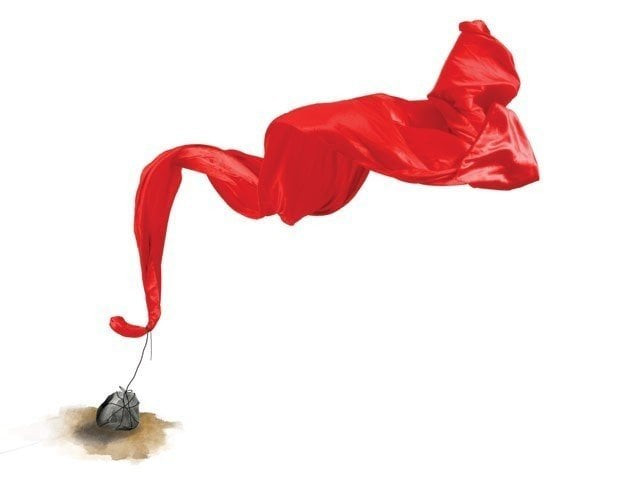Law on domestic violence: Up to two years in prison for domestic abusers
Sindh becomes first province to pass bill pending for the past five years.

The lawmakers had also invited civil society representatives to witness the proceedings as well. PHOTO: FILE
After a delay of five years, the assembly passed the Domestic Violence (Prevention and Protection) law on International Women’s Day, which was being celebrated across the world. The lawmakers had also invited civil society representatives to witness the proceedings as well.
Presenting the bill, Law Minister Ayaz Soomro recalled the contributions that Pakistan Peoples Party (PPP) leader Benazir Bhutto had made towards women’s rights. “Since domestic violence has severe consequences for the vulnerable members of our society, such as women and children, we have decided to make law on it.”
PPP’s Humera Alwani, who had tabled the bill in 2008, called Friday a historic day and claimed that the law will be a present for all women celebrating their day. Sindh has once again taken a precedent over the rest of the provinces by passing the law, she said, adding that it gives protection to women not only at their workplace, but their houses as well. “Out of 10, nearly eight women are facing domestic violence problems,” she said. “After the passage of this law, the domestic violence will be treated as criminal offence.”
Pakistan Muslim League - Functional’s Marvi Rashdi pointed out that some lawmakers were not interested in the bill, which is why it was pending for the past five years. “A few colleagues continuously opposed the punishments in the bill,” she said. “Their feudal mentality caused delays in presenting the bill in the house.” The female legislators appreciated PPP MPA Nadir Magsi for supporting women’s rights and allowing the domestic bill to be passed, even though he is a sardar of his tribe. In his speech, Magsi replied that women had equal rights as men. “I will even suggest having stricter punishments,” he said.
PPP’s Jam Tamachi Unar appreciated the law, but insisted on adding a provision for men who are physically and mentally distressed by their spouses. The new opposition leader, Syed Sardar Ahmed, clarified that the domestic violence law is not limited to crimes against women, but includes other vulnerable segments of society as well.
Senior Education Minister Pir Mazharul Haq added that women are also abused by other females, such as their mothers-in-law, sisters-in-law, etc.
Smooth transition
After repealing the Sindh Local Government Ordinance 2001, the assembly passed Sindh (Amendment) Bill 2012 to make sure the affected departments continue to work smoothly. The words district coordination officer, executive district officer, district officer and deputy district officer will be replaced with the titles commissioner, deputy commissioner, assistant commissioner and collector. This bill was opposed by the Muttahida Qaumi Movement (MQM).
The assembly also introduced the Sindh Tenancy (Amendment) Bill, 2013, and deferred the consideration of the Benazir Bhutto Shaheed Human Resource Research and Development Board Bill, 2013, to Monday.
In the end, the house adopted two resolutions unanimously moved by PPP’s Farheen Mughal and MQM’s Heer Soho to commemorate International Women’s Day. They paid tribute to the dynamic women of Pakistan. The speaker adjourned the session till Monday.
Punishments: What does the law say?
According to the law, a protection committee - led by a social welfare officer, and including a medical practitioner, a psychologist, a psycho-social worker and an official appointed by the court, a female police inspector and two female civil society members - will be formed to inform the complainant of their rights.
The law is not confined to women, but includes physical and psychological abuse committed against any vulnerable person part of the same domestic setup. The law also comes down hard on stalkers.
Published in The Express Tribune, March 9th, 2013.



















COMMENTS
Comments are moderated and generally will be posted if they are on-topic and not abusive.
For more information, please see our Comments FAQ